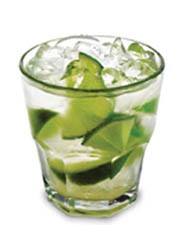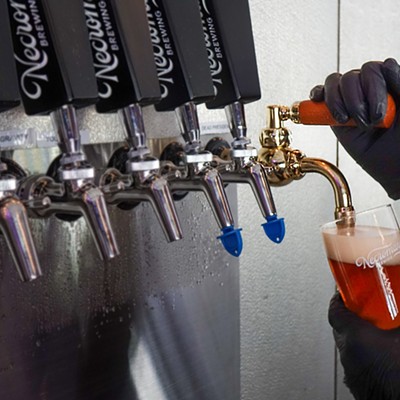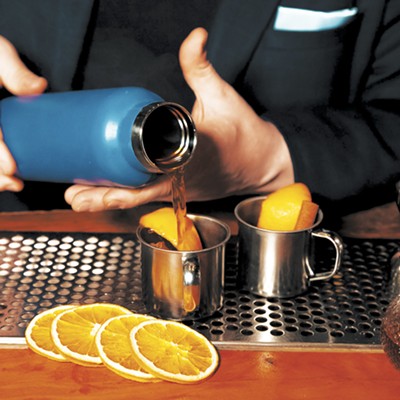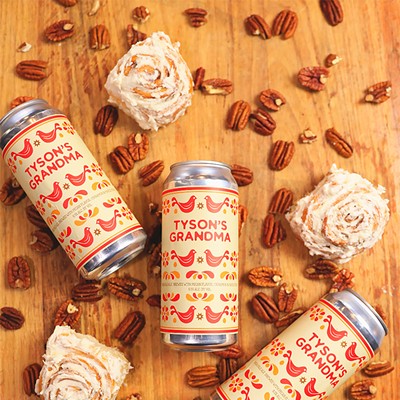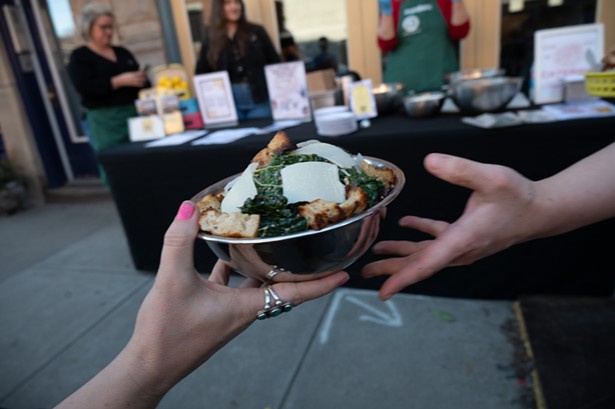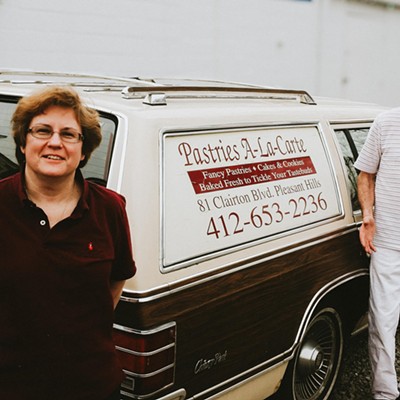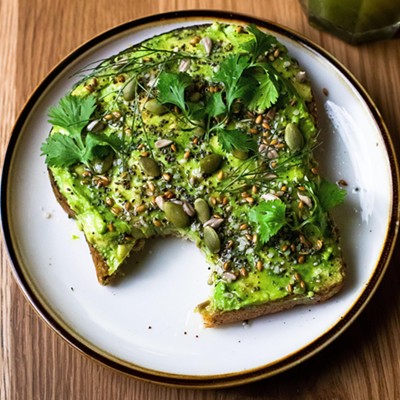It seems like almost every country has a liquor in which the locals place their national pride. Italians have grappa. For the French, there's marc. And for Brazilians, it's cachaça: a white or gold spirit made from distilled sugar-cane juices, and which is the main ingredient for the country's national cocktail, the "caipirinha."
Cachaça (pronounced ka-SHAH-sah) is produced in mass quantities -- roughly 1.3 billion liters a year. In Brazil it's about as common as table wine, though it's a bit harder to define.
Some people label cachaça a "brandy," thanks to a smooth profile and stinging finish that evoke Peruvian pisco. But actually "[it's] much closer to rum," says Michele Savoia, chef-owner of the South Side's Dish Osteria and Bar, which has stocked the stuff since opening in 2000.
Although the clear, semi-sweet cachaça burns much less than rum, Savoia is right. Both spirits originate from sugar cane: Cachaça producers ferment and distill only untouched sugar-cane juices, whereas most rum makers reduce those juices to molasses and then ferment/distill.
Savoia first encountered the spirit 12 years ago, while working at a Manhattan restaurant owned by Brazilians. At gatherings, there were copious amounts of "caipirinha" -- lime, sugar, ice and cachaça. So when he opened Dish, Savoia made caipirinhas a drink staple. Even now, DISH is the only place in the city besides Seviche to offer the traditional Brazilian libation on a regular basis.
"It's one of those drinks where you make one, then everyone sees it and says, ‘I want that,'" says Dish bartender RaeLynn Harshman.
The key to a caipirinha ("kai-pee-REEN-ya") is elbow grease, she says. At Dish, they muddle two teaspoons of sugar with four or five lime wedges (depending on size) to form a sweet citrus paste, and then shake the mixture with ice and 2 oz. Pitu Cachaça (available at select specialty stores for $13.99 per 750-milliliter bottle). The unstrained, subtly sweet drink is refreshing and deceptively strong. And at $7, its one of the best cocktail deals you're likely to find in Pittsburgh.

